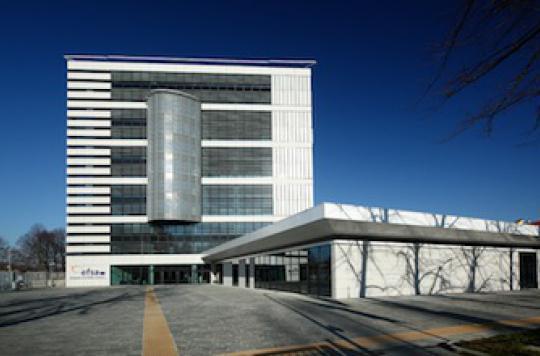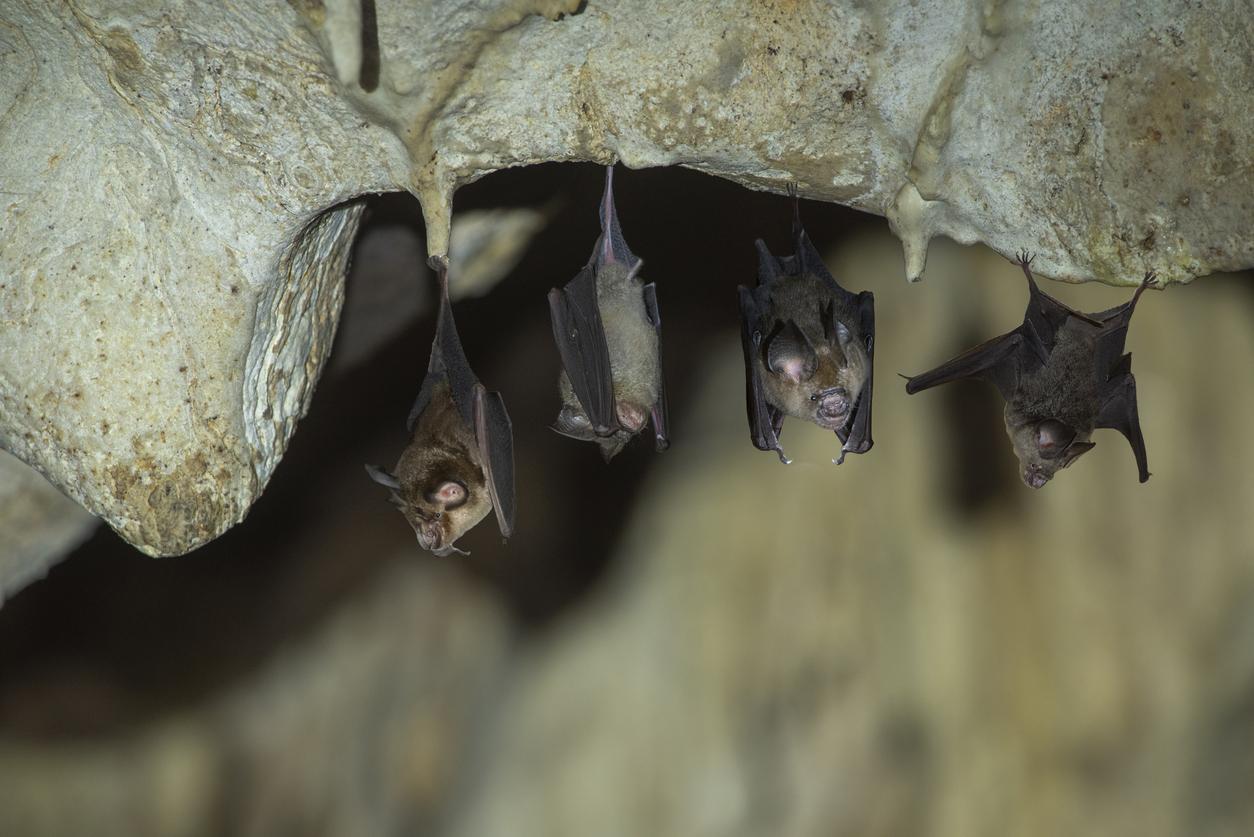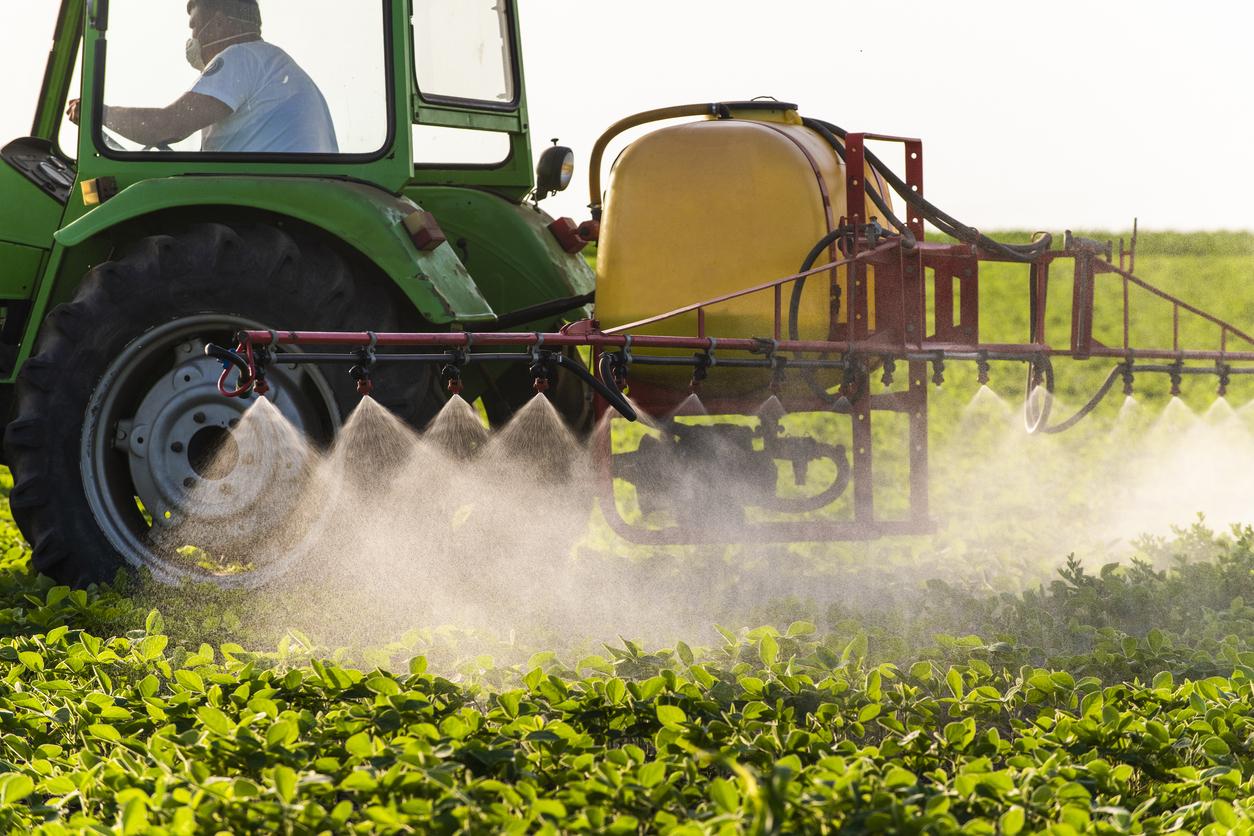According to a report, 122 of the 209 experts of the European Food Safety Authority are in conflict of interest with the commercial sector.

Can the recent report of the European Food Safety Authority (EFSA) which was not alarmed by the danger of pesticides really be taken seriously? It is indeed difficult to answer in the affirmative, after the shocking revelations of theIndustrial Europe Observatory (Corporate Europe Observatory -CEO) published this Wednesday. For Stéphane Horel, French journalist and main author of the study, the majority of EFSA experts would be in conflict of interest with the commercial sector!
The failure of the new independence policy
“Faced with recurring accusations concerning the independence of its experts, EFSA, after a first phase of denial, implemented a new policy of independence in 2012 and renewed 80% of its experts,” recalls Stéphane Horel in his report.
Following these changes, the CEO wanted to assess the system put in place by the European agency. To do this, the Observatory relied on the public declarations of interest (DPI) made by the experts for EFSA. Result, “despite the significant renewal observed, 122 of the 209 experts of the agency, or 58.4%, have at least one conflict of interest with the commercial sector”, regrets the report.
Even more shockingly, conflict of interest experts head all but one of the agency’s scientific groups. Eight of these 10 working groups are chaired by people with conflicts of interest and 14 out of 21 vice-chairmen are in the same situation. The prize was awarded to the scientific group, “Dietetic products, nutrition and allergies”, which is most affected by these conflicts of interest.
Too narrow independence rules
And for the Observatory, the explanation would be to be found on the side of the independence rules of the Agency which are “too narrow”, because they only concern the themes addressed by the panel to which the expert is called upon to. to participate. In addition, EFSA does not impose any downtime: as soon as the activity carried out on behalf of an industrialist is completed, it is no longer considered potentially problematic.
Finally, Stéphane Horel and his colleagues denounce the fact that the system set up by EFSA is based on the statements of experts, without verification on his part.
So, to try to explain why such conflicts persist despite previous cases (Banat scandali), the CEO considers it crucial to recall that EFSA experts are not remunerated. “Being an expert of this Agency is neither beneficial in terms of career, nor attractive from a scientific and financial point of view. As a result, it is difficult to find independent experts working disinterestedly for the common good ”, specifies the Observatory.
Will the scandal grow?
As a reminder, this survey is published two days after the publication by EFSA of a reassuring report on the health effects linked to pesticides. According to these experts, only two pathologies could be linked to an exposure (childhood leukemia and Parkinson’s disease).
Significantly, this analysis was in total contradiction with a collective expert opinion from Inserm published in June which established a link between direct and indirect exposure to pesticides and several pathologies (cancer, Parkinson’s disease, neurological development disorders in children exposed in utero …)
For all these reasons, this EFSA report had already aroused strong criticism, in particular from the ecological association Future generations. Finally, in a press release released on Wednesday, the MEP José Bové (Greens-European Free Alliance) considers that “these new revelations must require a review of the various European agencies!” “
.
















